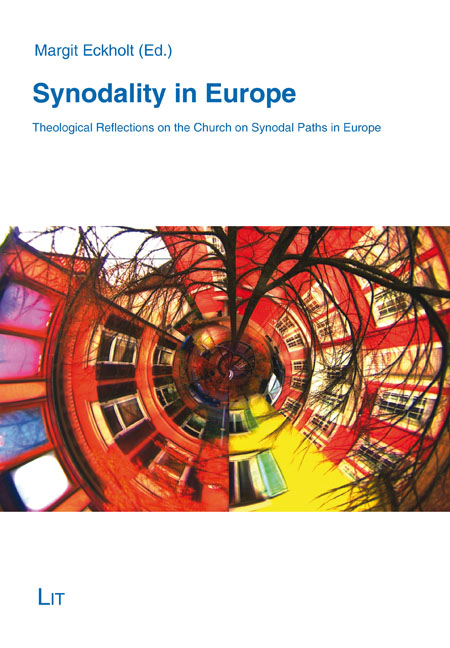
**Grasping the Transformation of the Science History Narrative**
The journey of scientific inquiry, its methodologies, and the manner in which it has been recorded has seen remarkable changes over the years. During the mid-20th century, historians’ examination of science often showcased an elitist perspective fixated on so-called “true scientists” and “genuine science,” as if these concepts were inherently understood and not deserving of further exploration. Early historical narratives primarily focused on Ancient Greece, seen as the cradle of science, and the so-called Scientific Revolution in the 17th century, from which modern European science was thought to have emerged fully formed. However, gradually and significantly, over the years, the rigid boundaries of this limited view of scientific history have begun to dissolve. The evolving perspective is much more complex, nuanced, and all-encompassing than was once perceived.
This piece delves into the frameworks surrounding the history of science, its earlier disregard for non-European contributions, and its growth into an acknowledgment of wider institutional, artisanal, and cultural influences in the advancement of science. Particular emphasis is placed on notable contributions from recent literature, such as Rebekah Higgitt and Jasmine Kilburn-Toppin’s *Metropolitan Science: London Sites and Cultures of Knowledge and Practice, c. 1600–1800*.
—
### The Traditional Perspective on Science and Its Shortcomings
In the formative stages of the history of science in the mid-20th century, scholars such as George Sarton—with his extensive three-volume *Introduction to the History of Science* (1927–1948)—established an initial framework for this field. At that time, the history of science concentrated almost solely on prominent figures like Copernicus, Galileo, Newton, and Descartes, suggesting a linear development of ideas and innovations. By positioning Europe as the birthplace of modern science, this discipline effectively overlooked two significant facets:
1. **Medieval Foundations:** Although French physicist and historian Pierre Duhem’s pioneering 1914 thesis argued that the Scientific Revolution arguably had its origins in the Middle Ages, this era was often dismissed as stagnant and not deserving of detailed examination, despite notable advancements occurring during that time.
2. **Contributions Beyond Europe:** Civilizations that transitioned knowledge, broadened scientific inquiry, or established foundational concepts—such as the medieval Islamic world, India, and China—were marginalized or offered only token recognition at best. For instance, while Joseph Needham’s *Science and Civilisation in China* (1954 onwards) highlighted China’s exceptional technological and scientific accomplishments, the prevailing belief was that these cultures somehow did not “develop” into modern science, relegating them to a peripheral status within Western narratives.
Historians also considered the so-called “occult sciences”—including alchemy, astrology, and natural magic—as irrelevant diversions from “genuine science.” Early efforts to dismiss the deep connections between notable scientists and these subjects were commonplace. Isaac Newton, for example, was famously categorized as practicing “chemistry” instead of alchemy, despite substantial evidence to the contrary. Astrology, even when closely linked to the work of figures like Johannes Kepler, was derided by scholars as mere naiveté or opportunism for profit.
Another major shortcoming in mid-century historical evaluations was the insufficient focus on artisans and craftsmen. Practitioners such as instrument makers and surveyors, who actively engaged with empirical knowledge, remained excluded from conventional definitions of “real scientists,” even as their contributions facilitated groundbreaking discoveries. Comprehensive histories credited only the “big names,” neglecting the ecosystem of practical scientific inquiry that flourished alongside abstract theoretical endeavors.
—
### The Shift in Perspective Regarding the History of Science
The fractures in this Eurocentric, elite-centric narrative began to emerge during the second half of the 20th century. Over the last fifty years, considerable progress has been made in expanding the framework for understanding science through a historical lens. Some of these crucial transformations include the following developments:
1. **Reevaluation of Islamic Science:** What was historically viewed merely as the “preservation” of Greek knowledge by medieval Islamic scholars has been acknowledged as a vibrant period of innovation and evolution. Groundbreaking inquiries by historians like George Saliba and David King revealed that Islamic scholars not only maintained ancient wisdom but also advanced fields such as mathematical astronomy, optics, and medicine. This reevaluation promoted the inclusion of astrology—central to Islamic scholarship—as part of the wider narrative of early scientific progress.
2. **Resurgence of Alchemy:** Scholars started to recognize alchemy as more than just futile efforts to transmute lead into gold. Alchemy played a vital role in laying the foundations for modern chemistry, contributing experimental methods, laboratory apparatus, and theoretical frameworks that were later refined during the 18th-century chemical revolution.
3. **Recognition of Artisans and Practitioners:** One of the most noteworthy shifts in historiography has been the acknowledgment of artisans as key contributors to empirical knowledge. Instrument makers and craftsmen were instrumental in developing the methodologies and tools necessary for empirical science to flourish. Historians like Pamela H. Smith (*The Body of the Artisan*)